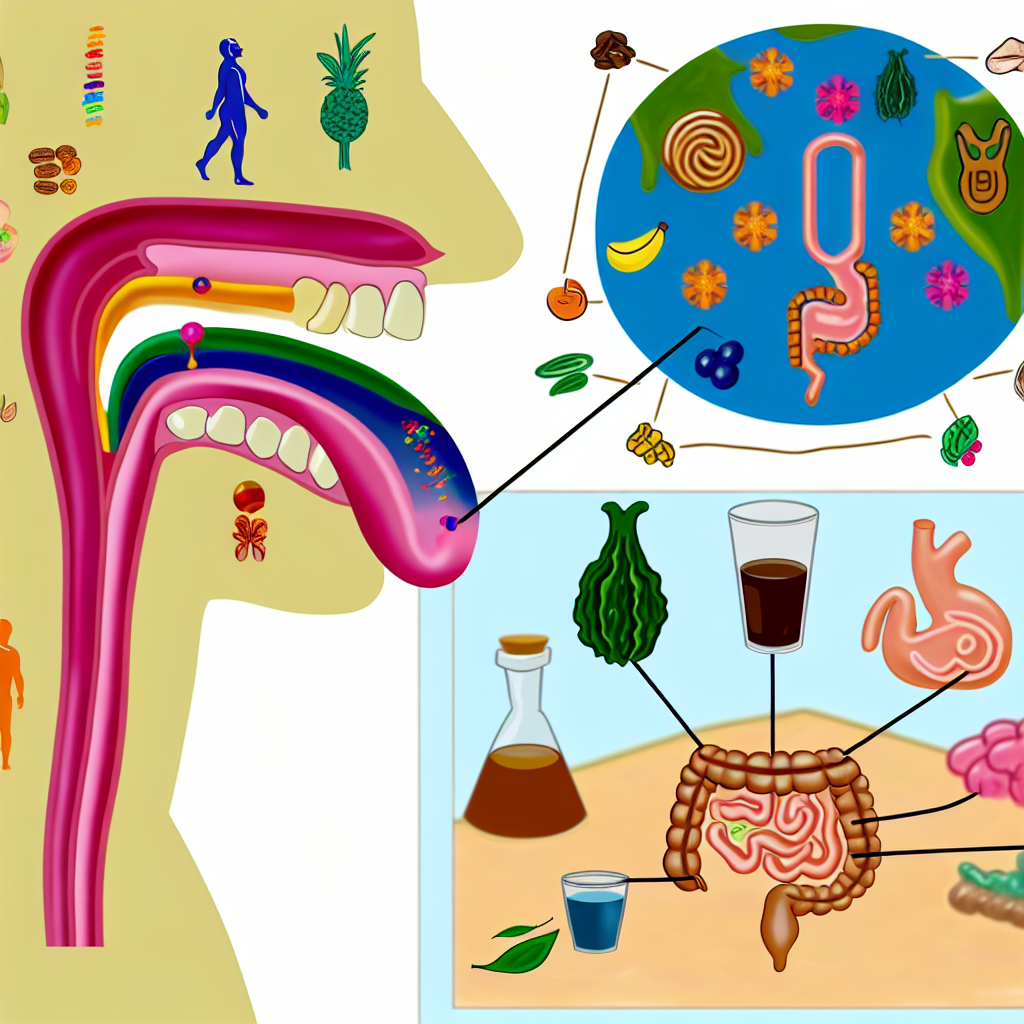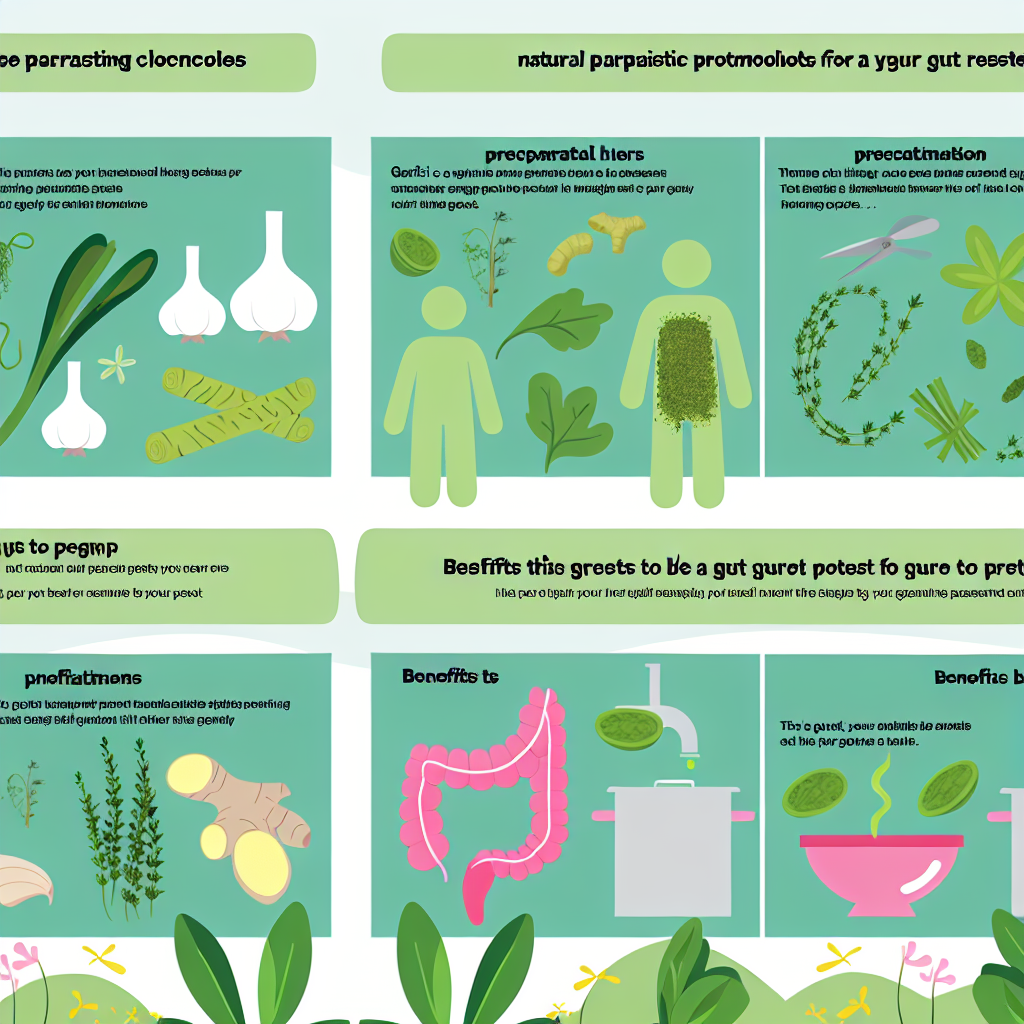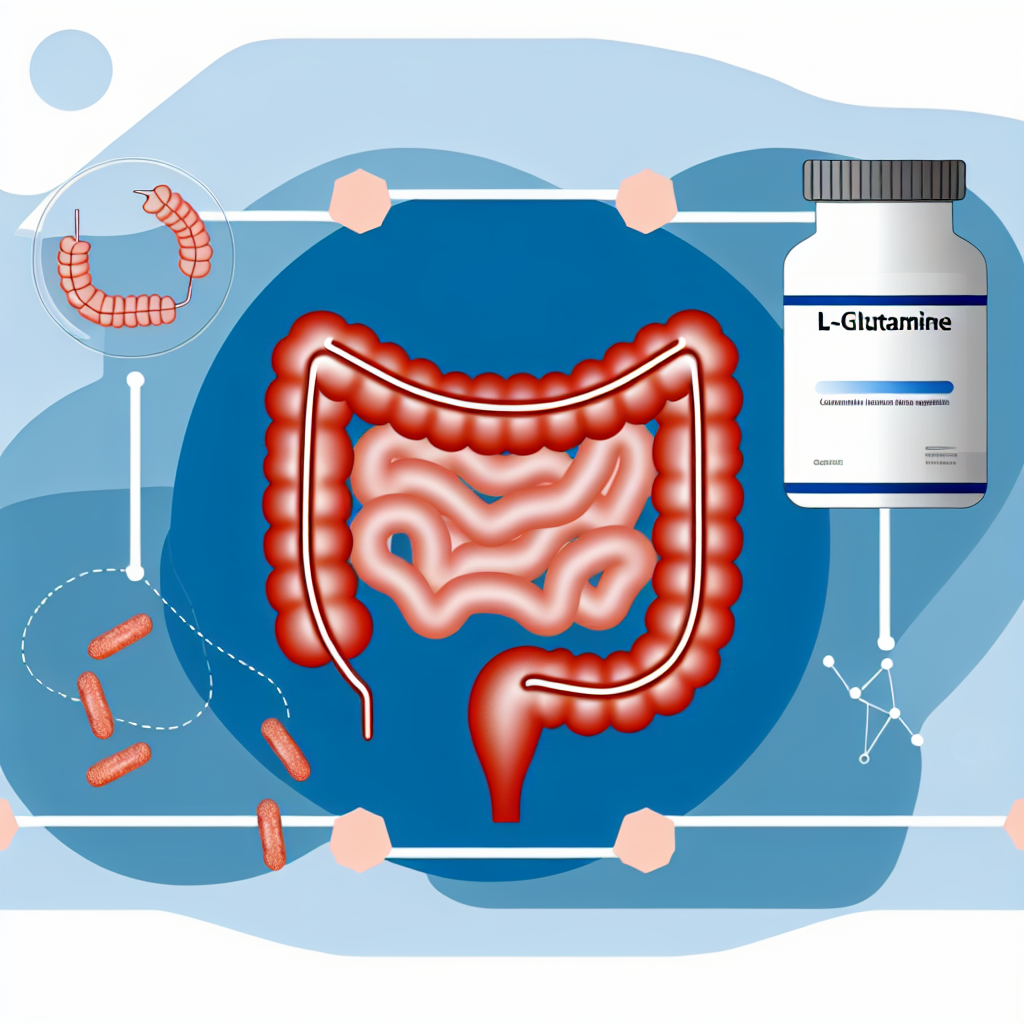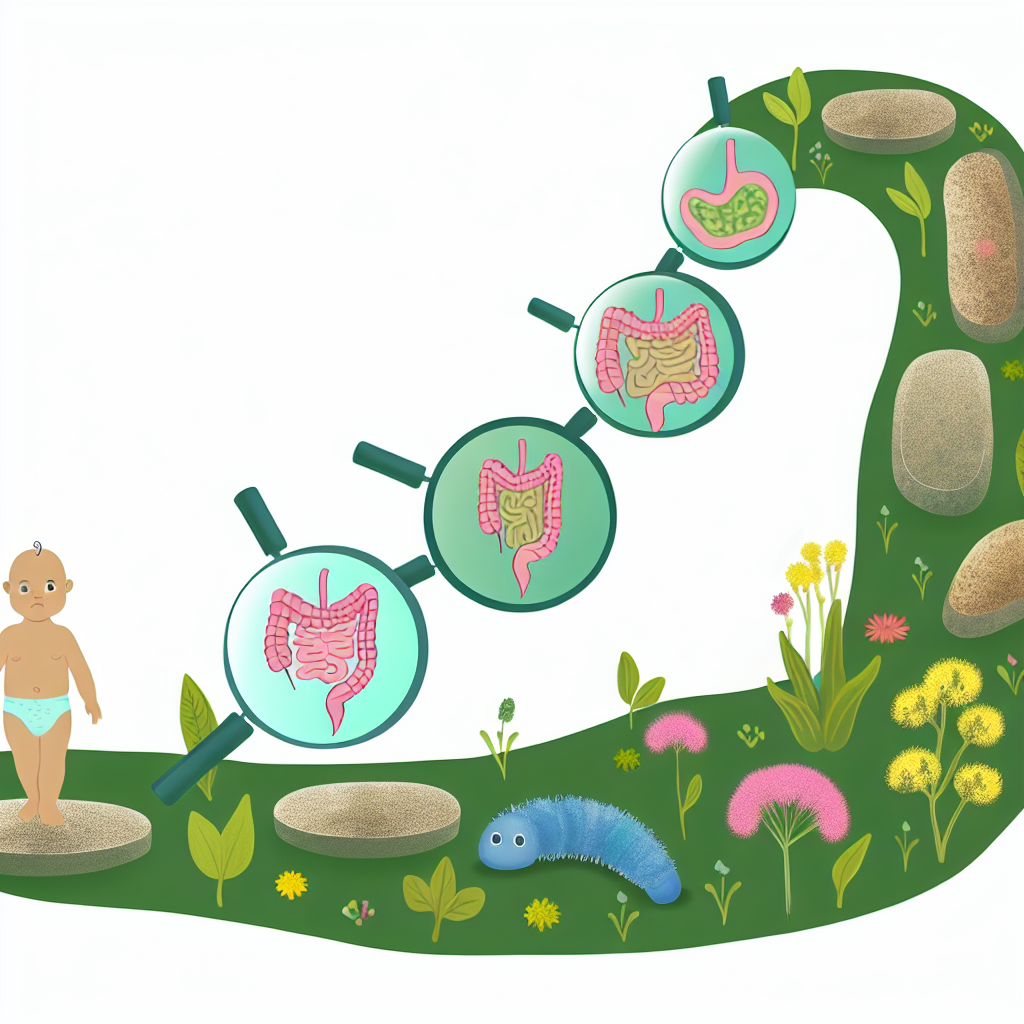The Role of Bitter Tasting Receptors in Digestive Function
Unlocking the Unexpected Power of Taste Beyond the Tongue
The Science Behind Bitter Receptors: What the Research Reveals
The evolving understanding of bitter tasting receptors has piqued the interest of many researchers seeking to bridge the gap between sensory detection and gut physiology. Several studies have mapped the presence of these receptors throughout the gastrointestinal tract, especially in areas like the stomach, small intestine, and colon, where they play roles in both innate immunity and digestive regulation.
A pivotal study published in *Cellular and Molecular Life Sciences* (2014) demonstrated that bitter taste receptors are expressed in gut enteroendocrine cells. When these receptors detect bitter compounds, they stimulate the secretion of gut hormones like cholecystokinin (CCK), ghrelin, and glucagon-like peptide-1 (GLP-1)—hormones that influence hunger, digestion, and insulin secretion ([Rozengurt & Sternini, 2014](https://pubmed.ncbi.nlm.nih.gov/24819515/)). These findings suggest that bitter tastants can affect satiety and nutrient metabolism, a promising insight for both weight management and metabolic therapies.
Another study appearing in *Frontiers in Physiology* (2019) highlighted the innate immune role of T2Rs in the respiratory and gastrointestinal tract. It revealed that these receptors could detect bacterial quorum-sensing molecules, triggering protective responses such as increased antimicrobial peptide secretion. In the gut, this helps maintain microbial balance and strengthens the intestinal barrier ([Lee et al., 2019](https://www.frontiersin.org/articles/10.3389/fphys.2019.00629/full)).
Herbal Allies: How Bitter Plants Interact with Digestive Health
Most intriguing is the study of how herbal compounds interact with these receptors. For example, certain molecules in gentian and artichoke have been identified as potent T2R agonists. Researchers have shown that when bitter herbs stimulate these receptors in the stomach, they promote gastric acid secretion—a key component in healthy digestion and nutrient absorption. A randomized, double-blind trial published in *Planta Medica* (2002) evaluated artichoke leaf extract and found significant improvement in subjects with functional dyspepsia, presumably through stimulation of bile and gastric secretion ([Walker et al., 2002](https://pubmed.ncbi.nlm.nih.gov/12112283/)).
Furthermore, bitter melon, a traditional remedy in Ayurvedic and Chinese medicine, has been shown to enhance insulin sensitivity and modulate gastrointestinal transit. Its primary bioactive compounds, such as charantin and momordicoside, are believed to act upon bitter receptors and influence endocrine function in the digestive system.
These findings collectively highlight the role of bitter receptors not just in the sensory experience but in orchestrating a variety of metabolic, hormonal, and protective processes fundamental to gut health. Understanding the physiological relevance of these receptors builds a compelling case for the inclusion of bitter herbs and compounds in functional gut health strategies.
Conclusion: A Taste for Gut Health
The discovery of bitter tasting receptors in the digestive system represents a paradigm shift in how we perceive taste and its broader biological functions. Far beyond the tongue, these receptors are intricately involved in modulating digestion, hormone release, satiety, and immune defense mechanisms within the gut. For those pursuing natural approaches to digestive wellness, activating T2Rs with therapeutic herbs such as dandelion root, artichoke leaf, and bitter melon offers a scientifically validated strategy rooted in traditional healing.
By bridging ancient herbal remedies with contemporary molecular science, we amplify our ability to support digestive health naturally and sustainably. As research continues to unravel the complexities of these receptors, their applications in preventive and therapeutic gastroenterology will likely take center stage—offering hope for improved gut health through nature’s plant-based pharmacy.
Concise Summary:
Bitter tasting receptors (T2Rs) play a crucial role in digestive function, beyond just taste perception. These receptors are found throughout the gastrointestinal tract and are involved in regulating appetite, stimulating digestive secretions, influencing gut motility, and reinforcing the intestinal barrier. Certain herbal compounds, such as those found in gentian, artichoke, and bitter melon, can activate these receptors, potentially supporting digestive health through natural means. Understanding the physiological relevance of bitter receptors provides a scientific basis for integrating traditional herbal remedies into modern digestive healthcare strategies.

Dominic E. is a passionate filmmaker navigating the exciting intersection of art and science. By day, he delves into the complexities of the human body as a full-time medical writer, meticulously translating intricate medical concepts into accessible and engaging narratives. By night, he explores the boundless realm of cinematic storytelling, crafting narratives that evoke emotion and challenge perspectives.
Film Student and Full-time Medical Writer for ContentVendor.com




